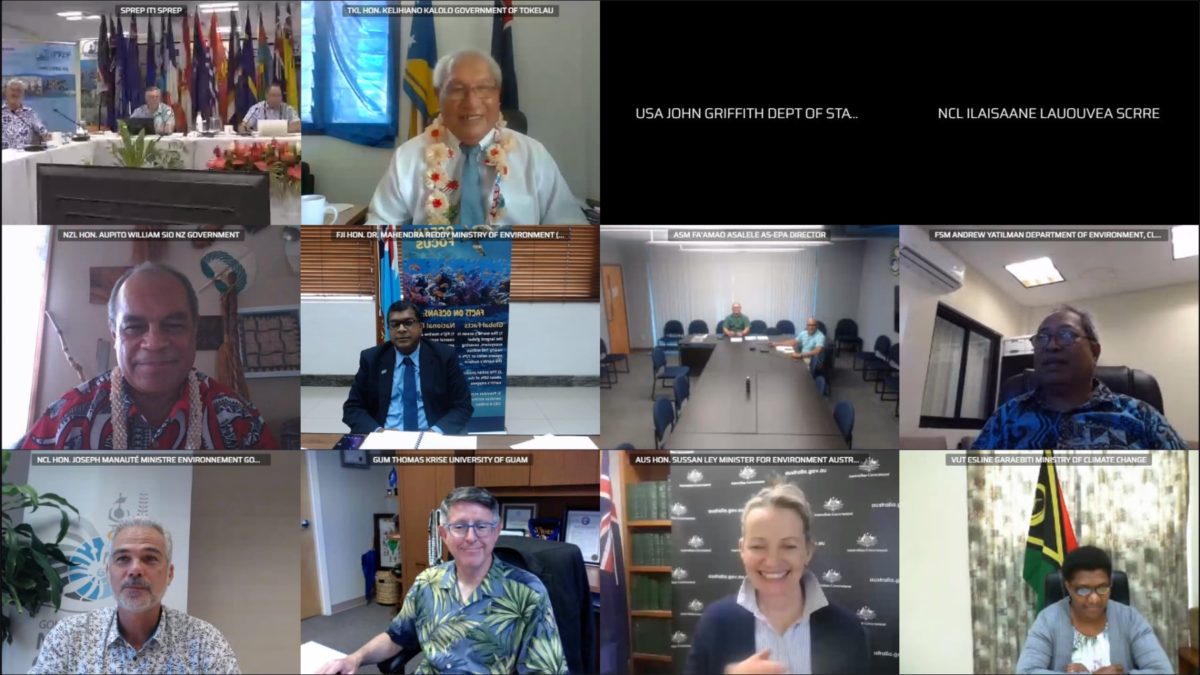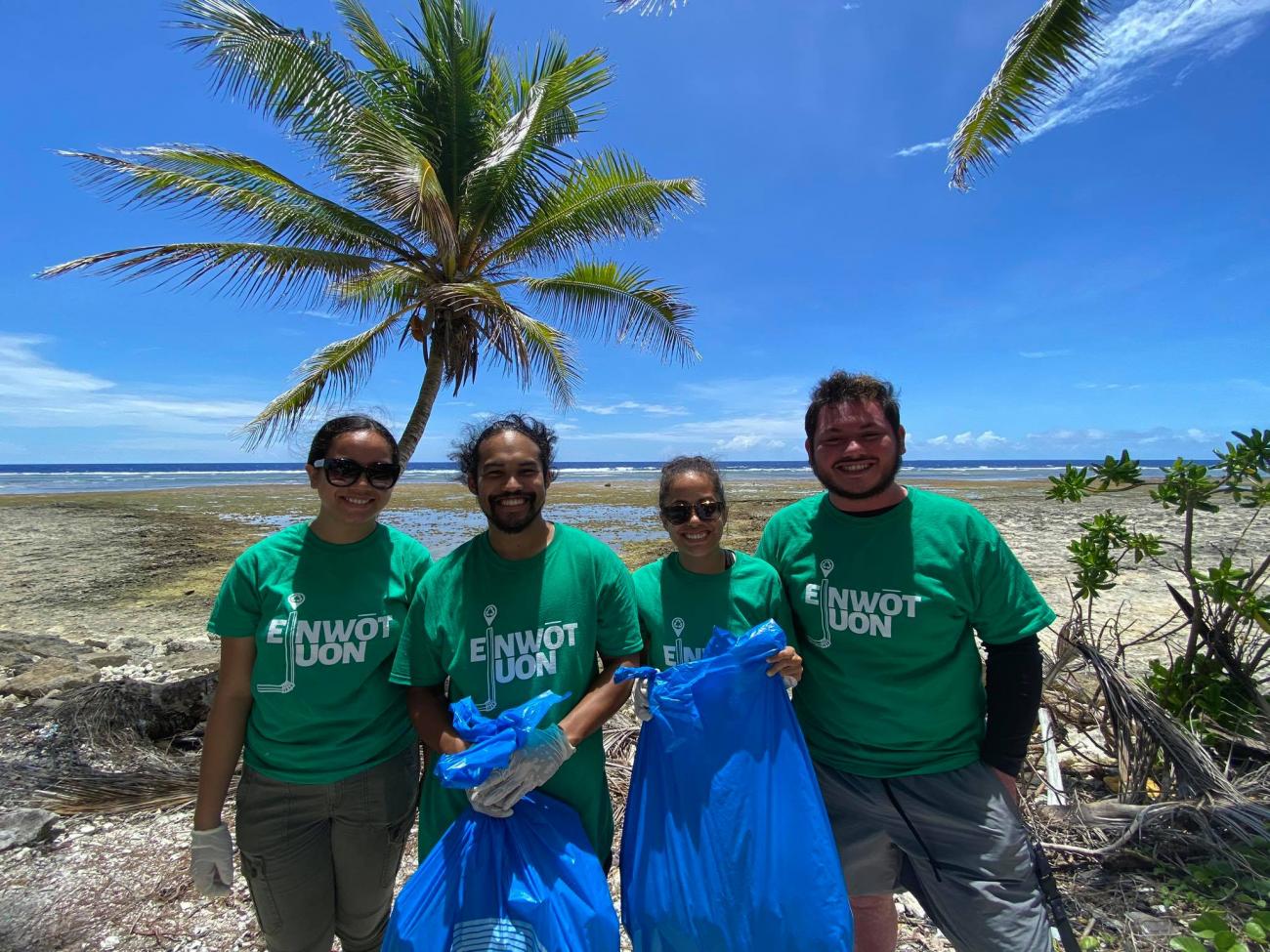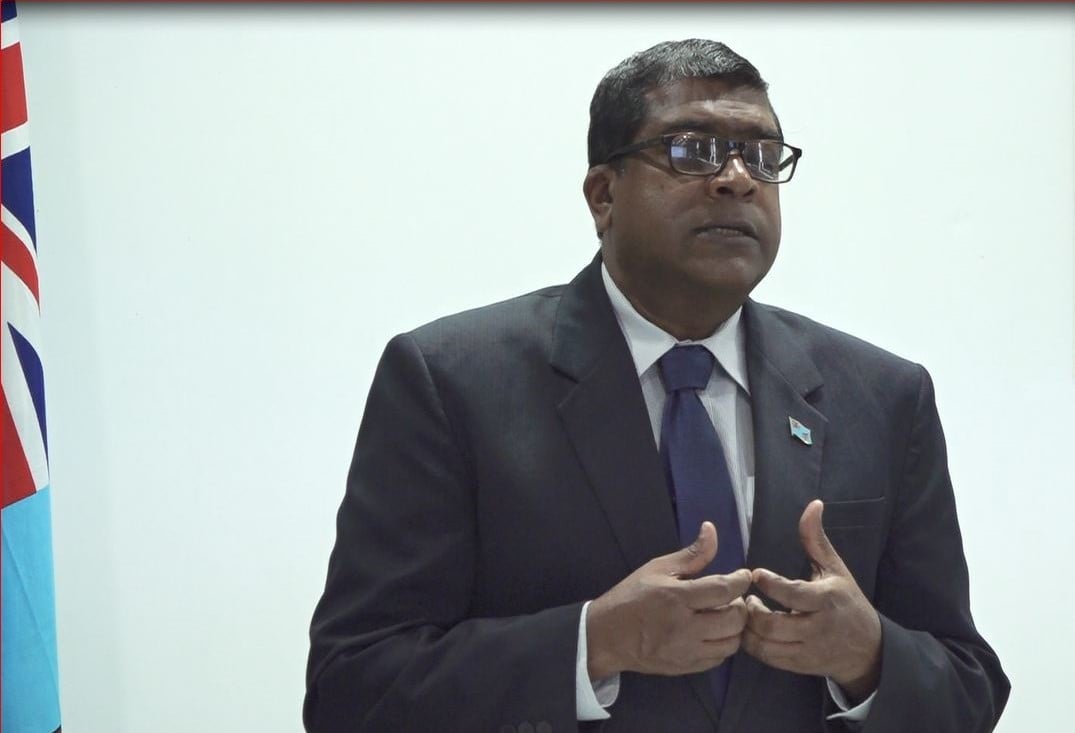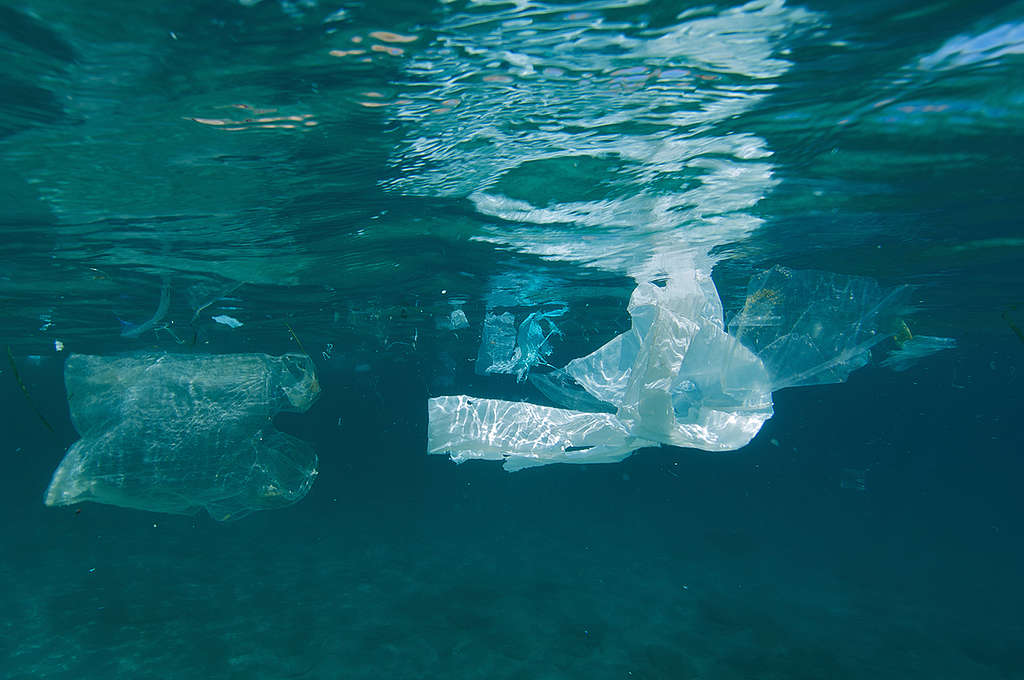Fiji has taken a number of critical measures to address plastic pollution and has also introduced a robust legislative framework to impede marine pollution and protect our oceans. The Environment Management Act 2005 and the Environment Management (Waste Disposal and Recycling) Regulations 2007 regulates the disposal of all types of waste generated by commercial facilities in Fiji.
This was highlighted by the Minister for Environment, Waterways and Agriculture, Dr Mahendra Reddy while speaking at the 30th Secretariat of the Pacific Regional Environment Programme (SPREP) – Environment Ministers’ High- Level Talanoa session this afternoon.
“In Fiji, the entire ecosystems, species and human beings are at risk due to the increasing threat of plastic pollution. As Pacific Islanders, we contribute to less than 1% of the mismanaged plastics to the world’s oceans and like climate change, we will also be the recipients of its impacts from much more than what we contribute to.”
“Fiji in recent years has taken a strong stance in controlling the use of plastics. We affirm that as the Blue Pacific, we are strongly implementing the “Pacific Marine Litter Action Plan 2018-2025.”
Minister Reddy told leaders that Fiji strongly supports the “Osaka Blue Ocean Vision” which aims to reduce additional pollution by marine plastic litter to zero by 2050. “This is seen through the recently announced tax incentive packages for recycling facilities. This signifies our commitment to our environment – our land, air and sea.”
Minister Reddy stated that Fiji continues to successfully engage with the private sectors to move towards voluntary zero waste programs.
“Fiji is exploring partnerships locally and internationally to achieve Green, Eco-friendly, Self-Sustainable, Energy and Cost-Efficient Technology to help with effective waste management and we urge countries to implement relevant measures to prevent and effectively manage marine pollution and land based sources of pollution.”
“Most of the existing global and regional programmes and frameworks covering marine litter and plastic pollution seem to be fragmented and insufficient. They do not provide the means and tools necessary for an effective global response to the problem. In addition, this issue cannot be resolved on a national basis (on its own), or through non-binding, voluntary measures. We believe that a holistic and comprehensive global instrument/ agreement will greatly enhance our global/ national efforts in addressing marine litter and plastic pollution and will also support the development of national action plans.”
Minister Reddy told the Environment Ministers that Fiji strongly supports the establishment of an Intergovernmental Negotiating Committee on Marine Litter and Plastic Pollution, in an effort towards achieving a Global Agreement without delaying the urgent actions required to prevent further plastic and micro-plastics pollution.
“The Fijian Government banned the import and export of all polystyrene products from 1 Jan 2021 and have completely banned the manufacture, sale, supply and distribution of polystyrene containers, cups, plates, and trays from 1 Aug 2021. Fiji in 2012 also banned the importation of non-degradable plastics into the country in addition to controlling the importation of plastic into the country, we also regulate plastic produced within the country.”
“Marine pollution in all its forms threatens the ecological integrity of Fiji’s oceans which has sustained Fijians for years. If this threat is not combatted immediately on a global scale, the future of all Fijians (and the wider humanity as a whole) remains bleak.”
This feature was published by the Fijian Government on 10 September 2021.




